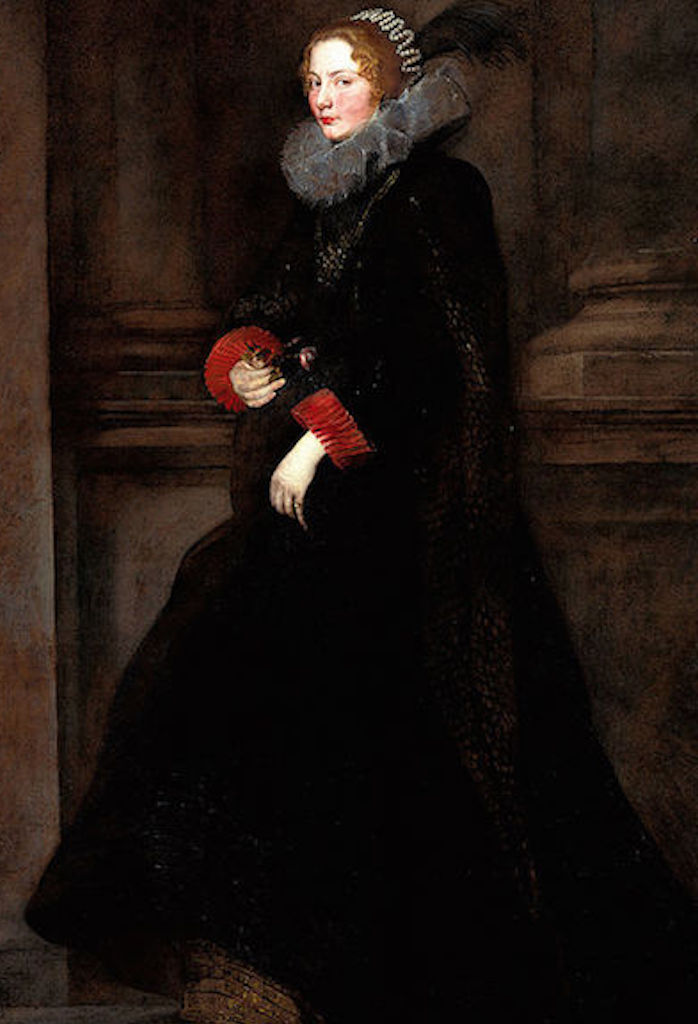Archive | Rubenfire Chronicles
NSA Brujas and Magic Pixie Dream Men
 Not so long ago, a man I fancied very much hurt my feelings through the grave sin of casual disregard, and I found myself trying not to cry at the exact moment I’d thought I’d be slathering on lipstick. I was crumpled on my bed next to a very pretty dress laid out in anticipation of him taking it off; it was blue and green and generally of a form and function I’d known he would admire. Though I never explicitly buy an article of clothing for one man’s eyes, I’d been happy about the prospect of this dress barreling past his defenses. I should have known better. Recently I’d had a dream in which this manic pixie dream man had been idling beneath a neon sign flashing the words DISASTER THROUGH AMBIVALENCE. That’s more supertext than subtext–neither ambivalent nor ambiguous–but what can I say? Hope is the thing without feathers, or so Emily Dickinson and Woody Allen might have said had they put their heads together. (Perish the thought.) Continue Reading →
Not so long ago, a man I fancied very much hurt my feelings through the grave sin of casual disregard, and I found myself trying not to cry at the exact moment I’d thought I’d be slathering on lipstick. I was crumpled on my bed next to a very pretty dress laid out in anticipation of him taking it off; it was blue and green and generally of a form and function I’d known he would admire. Though I never explicitly buy an article of clothing for one man’s eyes, I’d been happy about the prospect of this dress barreling past his defenses. I should have known better. Recently I’d had a dream in which this manic pixie dream man had been idling beneath a neon sign flashing the words DISASTER THROUGH AMBIVALENCE. That’s more supertext than subtext–neither ambivalent nor ambiguous–but what can I say? Hope is the thing without feathers, or so Emily Dickinson and Woody Allen might have said had they put their heads together. (Perish the thought.) Continue Reading →
On Living Softly, and Not Having a Big Stick
Growing up, “soft” was an insult. The ultimate one, actually. In my family it was an umbrella term that meant out-of-shape, clueless, indolent, addled, un-vigilant, prissy, overly sensitive, entitled. You were soft if you didn’t take it on the chin. Soft if you asked for a ride when you could walk. Soft if you whined “I can’t.” Soft if you couldn’t run a mile or sported a gut. Soft if you cried when you dropped your ice cream. Definitely soft if you were a tattletale.
Every usage of the word was anathema to us, and by “us,” I am referring to my dad and thus my little sister, my mother, my myself—my father’s subjects, the peasants to whom principles came down by edict.
Soft hands meant you lacked a work ethic, the might or tenacity to do physical labor. A soft voice meant you were namby-pamby, couldn’t assert yourself. Being soft-hearted meant you were a sucker. There was a long list of what was soft, and crowing it were the rich people in my Greater Boston town, which literally had a “wrong side of the tracks” since the Mass Pike divided the more working-class sections from the wealthier people on the Hill. The rich girls wore expensive rugbys and braids, had sleepover parties with cutesie PJs, whispered about their crushes. The girls in my neighborhood wore tight designer jeans and feathered hair, hung out at the corner store, had boyfriends with whom they did a lot more than hold hands though we were all years before puberty.
Though gentle, Charlie Bucket was not soft, which is why he inherited the Chocolate Factory. Harriet the Spy was not soft; all you had to do was look at her work uniform and know she was tough as nails. In those slippers and knitted sweaters, Mister Rogers and his braying singsong were ridiculously soft. And the Beatles, oy the Beatles. With their thin voices, those fa-la-la proclamations of love—forget it. So soft. As a matter of fact, all white music was soft, except punk rock and, of course, the Stones. With their big bass lines and bigger tongues, the Rolling Stones were hard in every sense of the word. Before I even understood what sex entailed, I groked that the Beatles were the equivalent of making love and the Stones were all about fucking. Which, by definition, was not soft. (It took me a lot longer to recognize how racial commodification and femmephobia tied into my received notions of softness.) Continue Reading →


